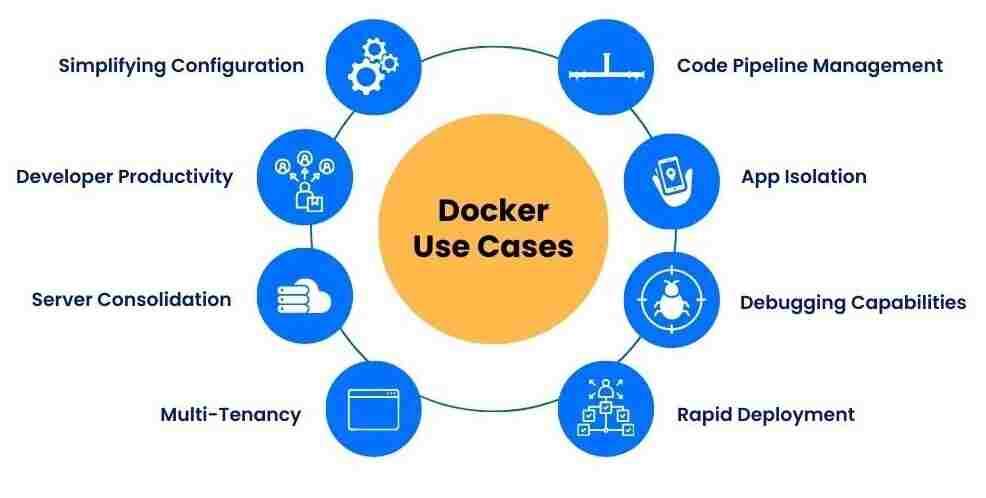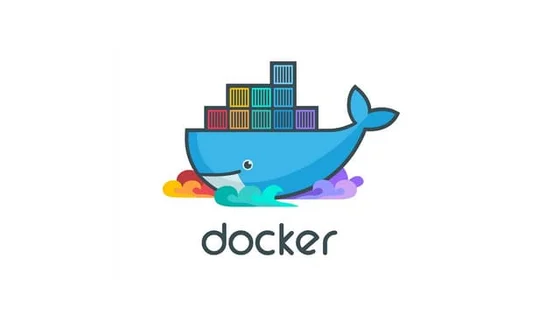Use cases and utility of Docker

Docker is an open source platform used by developers and system administrators to package, distribute, and run applications in containers. It is based on containerization technology, which enables applications to run in isolated environments. The uses and benefits of Docker are discussed below.
Docker usage areas
Application Development :
Developers can use Docker to build and test their applications quickly and efficiently. It simplifies the development process.
From development to production :
Docker containers allow applications to be easily moved from one environment to another, bridging the gap between development and production.
Microservices Architecture :
Docker is ideal for microservices-based architectures. It allows you to put different services in separate containers, which is scalable and manageable.
Cloud Deployment :
Docker helps deploy applications to the cloud. It is capable of creating and managing containers for various cloud environments.
CI/CD (Continuous Integration/Continuous Deployment):
Docker is a key tool for CI/CD pipelines. It simplifies the process of building, testing, and deploying applications automatically.
Application Isolation :
Docker containers isolate different applications and their dependencies, which prevents conflicts within the system.
Database and Service Management :
Using Docker, databases (such as MySQL, PostgreSQL) and other services can be run in separate containers, which are easily manageable and scalable.
The usefulness of Docker
Portable :
Docker containers work the same way in different environments (e.g. development, testing, production). It is portable and efficient for users.
Rapid Deployment :
Docker containers allow you to deploy applications quickly and efficiently, saving time and increasing productivity.
Resource Optimization :
Docker containers are relatively lightweight, which means they use fewer system resources. This improves performance.
Autonomy :
Applications running within Docker containers are autonomous, which prevents conflicts between different containers.
Scalability :
Docker is easy to scale. When additional containers are needed during times of high traffic, it's easy to add new containers.
Development improvements :
Docker allows developers to work quickly and efficiently, saving them time and increasing their productivity.
Community and Ecosystem :
Docker has a large community and ecosystem, which provides various tools, plugins, and support. This simplifies the development process.
Summary:
Docker is a powerful containerization tool that simplifies application development, deployment, and management. Its main advantages are portability, rapid deployment, resource optimization, and scalability. Docker's use cases range from application development to microservices architecture, cloud deployment, and CI/CD pipelines. It has become an essential tool for modern software development.







